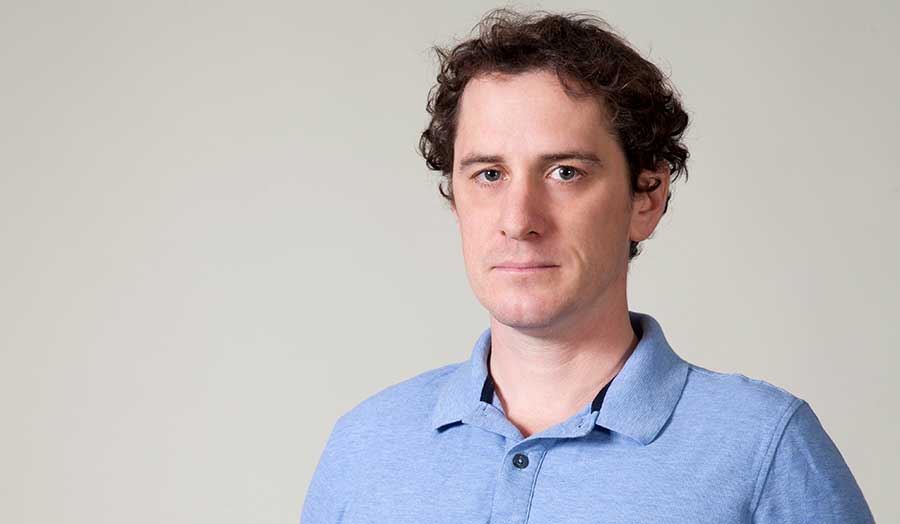Jack Houston studied Creative Writing BA (Hons) (now Creative Writing and English Literature BA) at London Met and graduated in 2014. We caught up with Jack, who was nominated for the BBC National Short Story Award 2020 to find out what he's been up to since graduating and how his time at London Met helped shape his successful career as a writer.
Why did you decide to study at London Met?
I’d had a friend who studied here and he really enjoyed his time at London Met, so I thought I would too.
Do you think studying in London as a city ultimately helped your career as a writer?
Yes – London is the best city in the world!
Tell us what you're doing now and how you got into it, do you think studying at London Met helped you along the way?
I went on to complete an MA in Writing Poetry with The Poetry School/Newcastle University, and I’m still writing poetry, and still loving it. I have a debut pamphlet, The Fabulanarchist Luxury Uprising, available from The Emma Press, and I am currently working towards a full collection. I would never have achieved this were it not for the encouragement and support of my tutors at London Met.
Did you feel supported by the lecturers on your course?
Yes, my tutors gave me a lot of encouragement early on which convinced me that I really might be able to actually do this.
Do you have a favourite author or literary work?
I’m a big fan of Leone Ross.
What inspired you to become a writer or study creative writing at university?
I thought I might be good at it!
Did you manage to work on personal projects whilst studying? How did you manage your time if so?
I mostly concentrated on the course, but knew that by doing so I would already be building up a body of work.
What are your biggest motivations?
My wife and children!
Do you have any advice for new students looking to become writers or study creative writing?
Read lots and widely. Try and notice what the writing you admire does and how the author does it.
How did your degree allow you to bring your own experiences into your work?
It helped me gain a sense of what form can do, and how technique is vital to good writing.
What was your most memorable piece of work (if you had to choose just one)?
From university it would be "Replacement Parts", which won the Chancellor’s Prize in the London Met creative writing prize.
How does being in a community of fellow writers help you develop?
Bouncing ideas of off of each other and learning how to give and receive feedback were instrumental for me in becoming a better writer. In fact, it's instrumental for anyone who might want to do the same.
What was the most challenging or interesting idea on your degree?
That you don’t always have to write with a preconceived idea of what you’re going to write, that you can follow a poem or story or even a novel into itself and see where it leads you.
Where has work been published and where can we find it?
My work in "And Other Poems", "Blackbox Manifold", "Ink Sweat and Tears", "Poetry London", "London Review Bookshop", "London Grip", "Open Pen", "Litro Magazine", "Brick Lane Bookshop", "No phones at the dinner table" and "New Boots and Pantisocracies" can all be found online.
What's the one thing you wished you'd known before you started your degree?
That before I’d finished I’d meet the woman I would go on and marry and become a father. Just kidding – that might have stopped any of them from happening!
Is there anything else you’d like to tell us about your time at London Met that isn’t covered above?
I enjoyed making friends on the course – there’s nothing like knowing you’re not alone!

